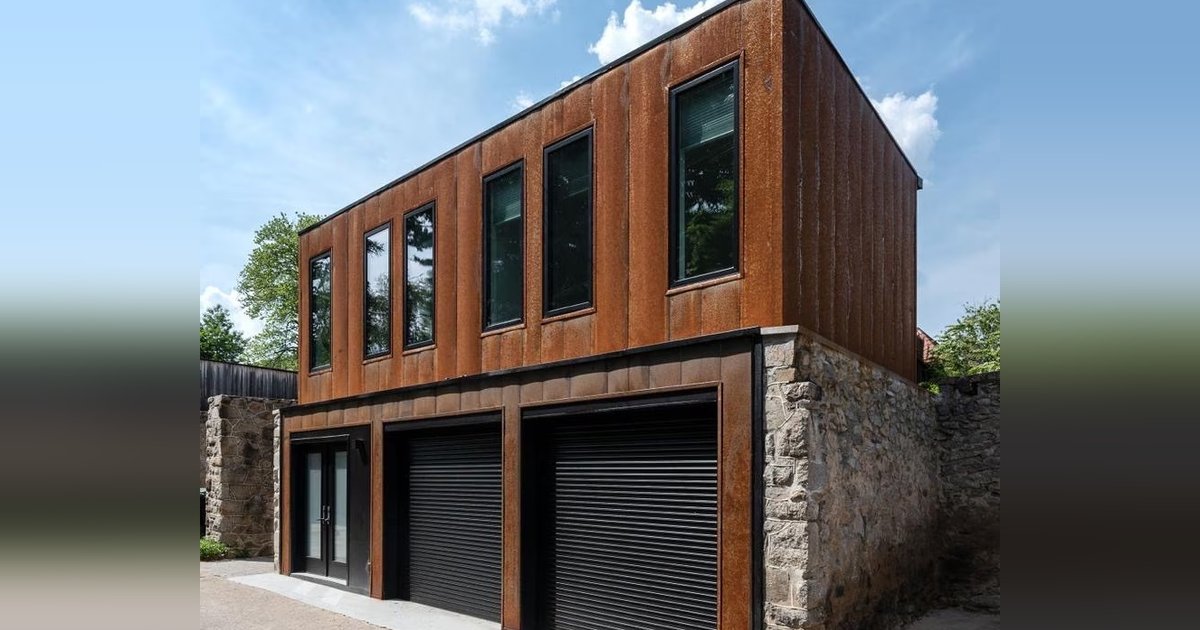DC’s Zoning Commission is considering changes to the city’s zoning code that will help address our housing shortage. The proposal removes some of the obstacles that stand in the way of homebuyers and renters alike having more housing choices and affordable options. It’s a good first step, but there’s much more the Zoning Commission can do in this moment to address the housing needs of our city.
Ask DC to Do More
We are encouraging the city to take three additional actions.
- Let more homeowners build in-law suites on their property, both providing affordable options to renters and offering homeowners another pathway to build wealth.
- Remove restrictive parking requirements that limit the number of homes near public transit hubs.
- Allow more buildings to house community-focused businesses, like childcare centers, so that families have what they need in their communities.
You can help by urging the Zoning Commission to adopt these proposals. We have a form e-mail below with specifics about the proposals that you can send. The most powerful thing you can do is to add your own story about why more housing in the District will improve life for you and your community.
What We’re Asking For
We’re asking the Zoning Commission to include three changes to their proposal to help reduce housing costs, create more housing choices, and improve our neighborhoods.
Allow More In-Law Suites
Our first proposal focuses on offering DC residents more flexibility to add in-law suites (an independent home built on the same lot as a main house) to their properties. These additions are common in American homes and take on many different names—in-law suites, granny flats, backyard cottages, accessory dwelling units, etc.
These secondary homes help homeowners, renters, and whole communities. Homeowners have an avenue to age in place, let family move in, or build wealth. Renters have more affordable options across the city, including in many high-opportunity neighborhoods. And key members of our community—from teachers to nurses—can actually afford to live in the communities they serve.
Right now, the city does permit residents to build in-law suites, but burdensome restrictions stop many homeowners from doing so. For example, there’s a strict limit on their size, which makes the project not worth it to many homeowners. The city is now proposing to allow in-law suites to be up to 600 square feet, but that’s still only half the size of what’s allowed in Montgomery County, Maryland.
The city is also proposing an arbitrary 3-foot side setback, which can severely limit the placement and size of in-law suites on certain lots. Another example is that the city wants to ban in-law suites from certain areas, despite the fact that they fit into any neighborhood’s design and aesthetic.
Lastly, the most cumbersome requirements are that a homeowner must always live in their main property in order to rent out the in-law suite, and that in rowhome zones, there’s a five-year waiting period before a homeowner can rent out their in-law suite. These restrictions make it difficult to get financing for building an in-law suite.
We’re asking the city to adopt a handful of reforms that will make it easier for homeowners to build on their properties. These reforms align with what’s common in other cities and states:
- Allow in-law suites up to 1,200 square feet.
- Eliminate the “owner-occupancy” requirement.
- Eliminate the five-year waiting period in rowhome zones.
- Drop the proposed ban in apartment zones.
- Amend the arbitrary 3-foot side setback to only apply when necessary.
Ease Parking Requirements Near Public Transit
We all know that housing near public transit is a great option for many families. It allows people to have an easier commute to work, opening up more options for employment. It creates walkable neighborhoods and thriving communities. And it reduces traffic congestion throughout the city as more people can rely on buses and the metro.
The current proposal before the Zoning Commission, likely because of a drafting error, would require buildings near some of the busiest transit hubs to have outdated parking requirements, limiting the number of homes there. In particular, these requirements will remain around several Metro stations and bus routes, including 14th Street NW, Rhode Island Avenue, and Independence Avenue SW, meaning fewer families will have the option to live along these transit corridors.
That’s why we’re calling on the Zoning Commission to make two changes:
- Amend language such that all major transit hubs are included in the reduced parking requirements proposal.
- Further, define “high-frequency” transit as places that have buses at least every 15 minutes, so that portions of North Capitol Street, 12th Street NE, and South Dakota Avenue NE are included.
Allow Community-Focused Businesses
One of the major benefits of living in a city is being near everything you need—from groceries and dry cleaners to schools and childcare. The city has zoned certain neighborhoods as mixed-use, meaning there can be both residential and commercial buildings. In these communities, the city allows the ground-floor of certain buildings to house a predefined list of businesses. In the new proposed legislation, the city would add “day-time care” to that list, a proposal we support! But, in the same spirit of that proposal, we think the city should go further.
Instead of adding one use at a time—a burdensome and inflexible process—the city can broaden its list to cover any use that promotes foot traffic and serves the neighborhood. This way, communities can have access to a broader range of things they want, while still ensuring that any new business is one that serves the community.’

